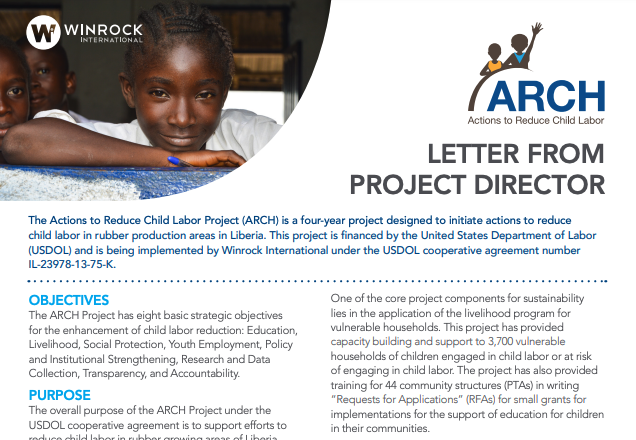Resources
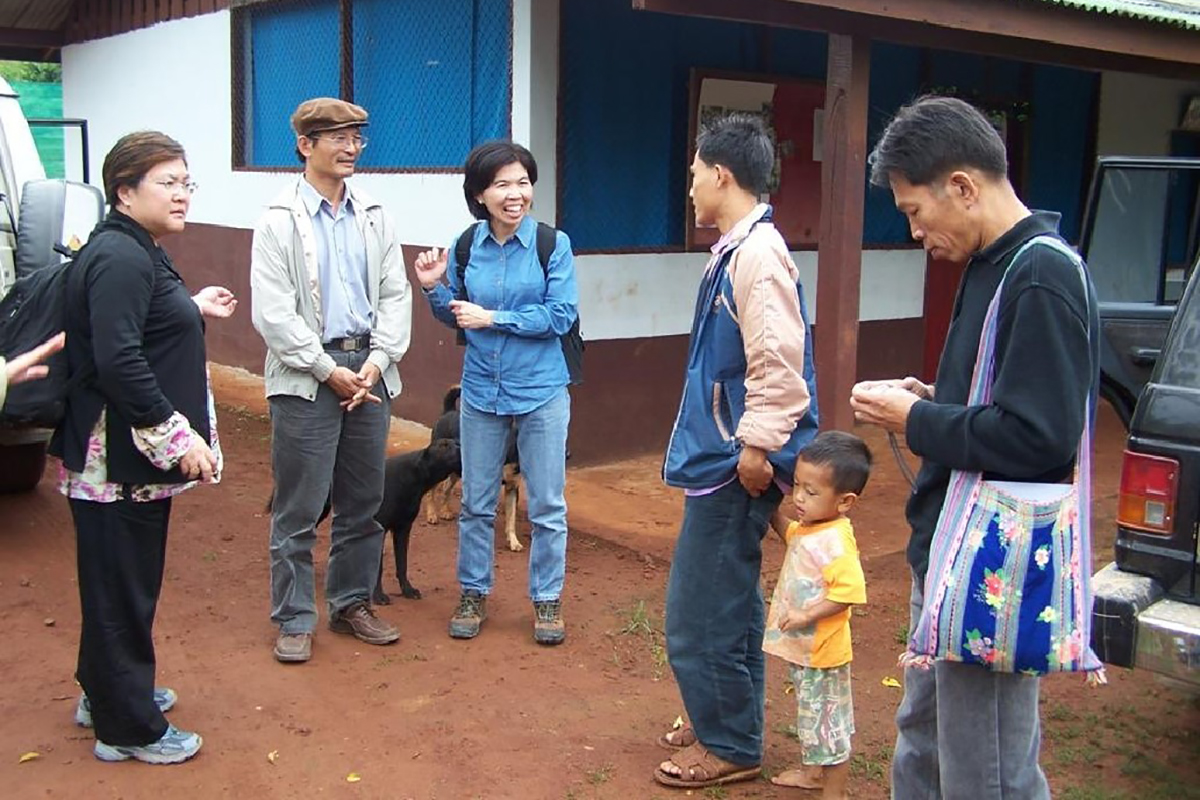
Payments for Environmental Services (PES) to Benefit the Rural Poor Thailand and Vietnam (2006-2009)
The Program’s inaugural research team, commissioned through a September 2005 grant competition, investigated how the rural poor can be compensated for protecting environmental services needed by urban residents, such as clean drinking water from forest watersheds. These “payments for environmental services” (PES) can provide a sustainable livelihood for rural communities while protecting sensitive forest watersheds. […]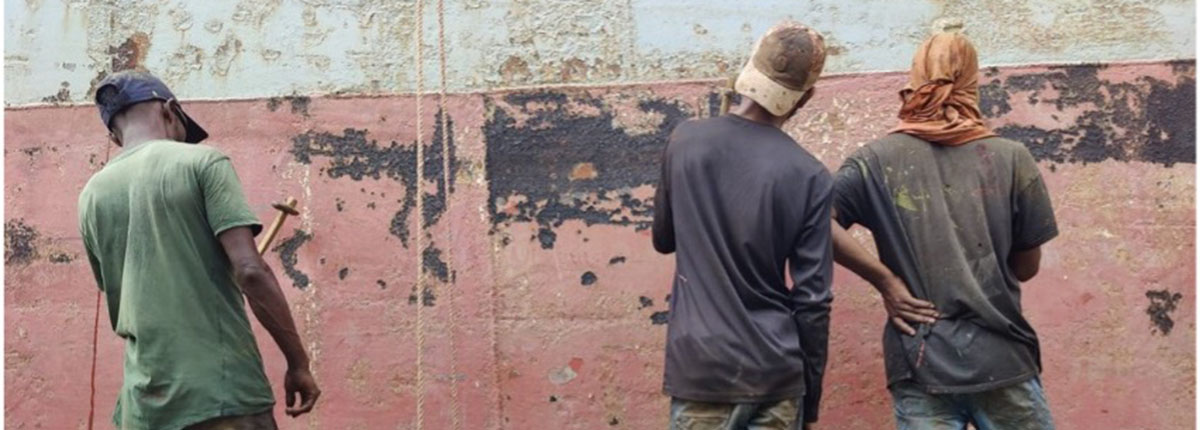
The Hidden Costs of Migration: Evaluating the Bangladesh-Malaysia Corridor
Malaysia has been employing millions of Bangladeshi migrant workers since the 1980s. In 2012, the governments of Malaysia and Bangladesh signed a memorandum of understanding (MoU) on labor migration. The MOU, known as the G2G (government to government) program, allowed Bangladesh to send migrant workers to Malaysia’s plantation sector. The G2G program was later reformed […]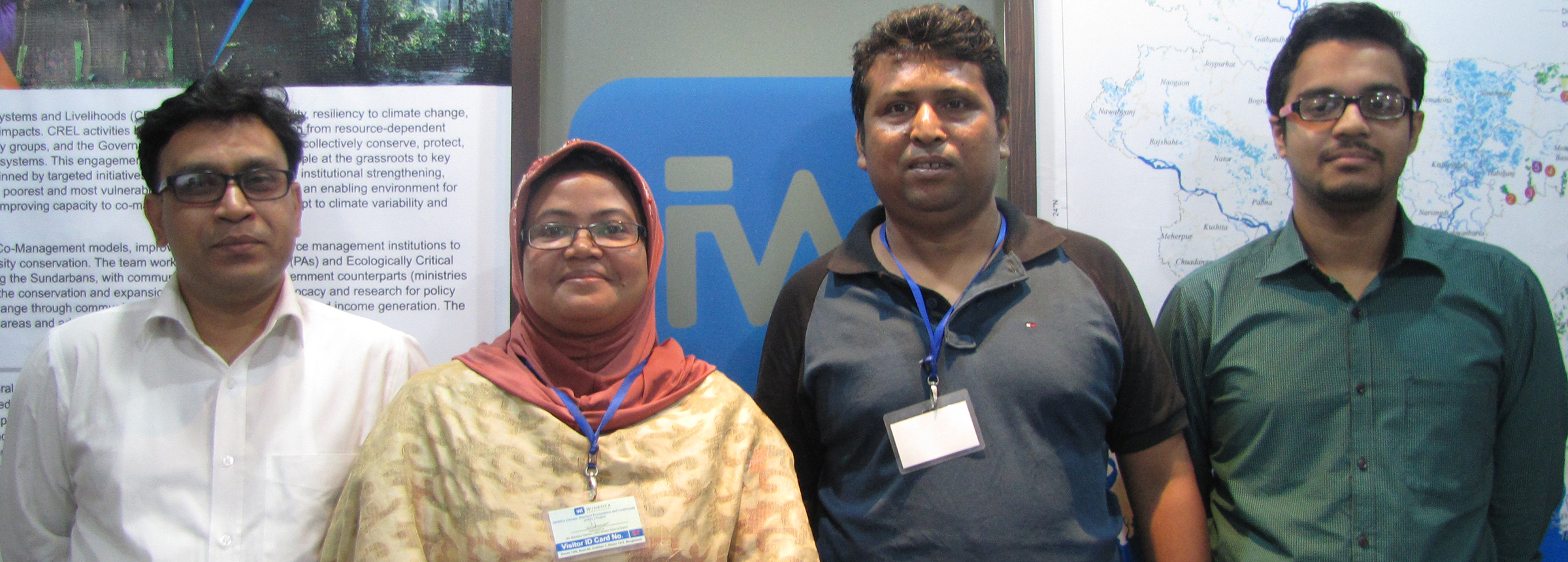
Creating a Legal Basis for Community Co-management of Wetlands (Under USAID CREL Project in Bangladesh) (2016-2018)
In Bangladesh, freshwater wetlands provide fish, an important source of protein, to millions of people. These “haor” ecosystems are threatened by over-harvesting of fish and destruction of wetlands for other land uses. Evidence from other countries shows that community-based approaches to conservation can protect fragile ecosystems, like haors, from overexploitation. However, in Bangladesh, there is […]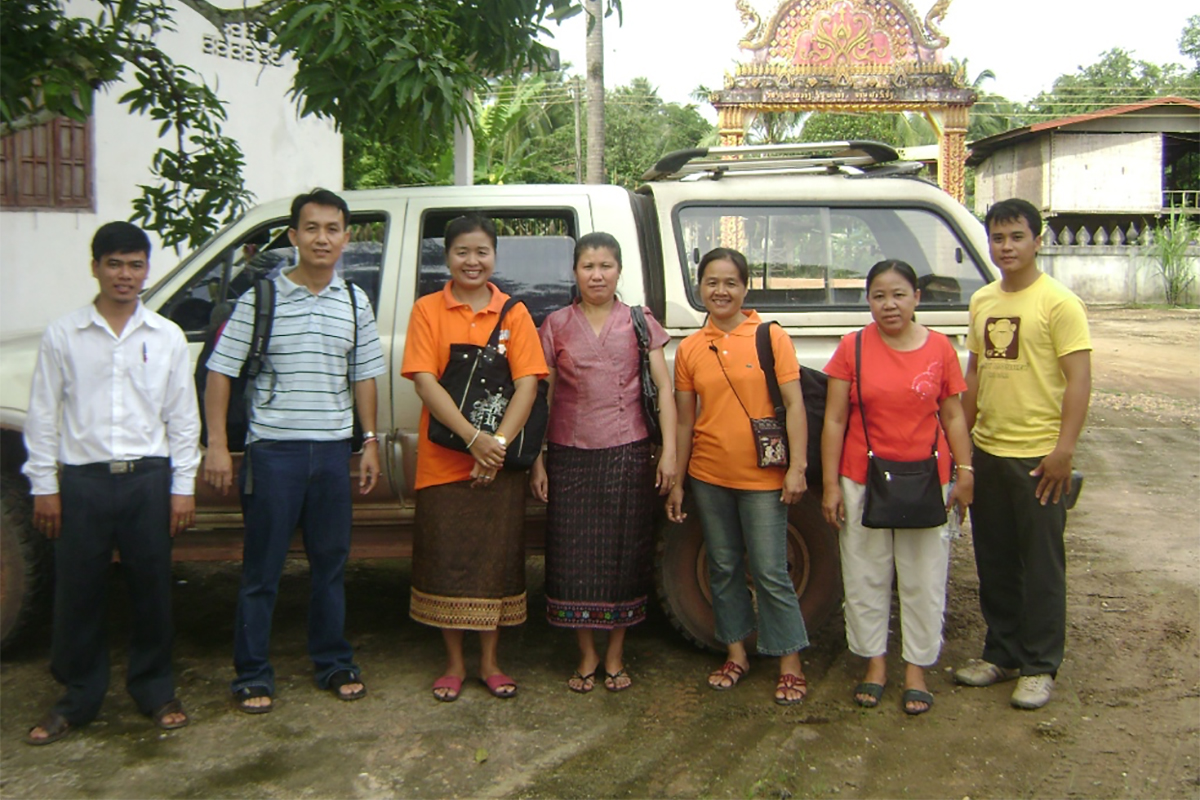
Future of Smallholder Poultry Production in Cambodia and Lao PDR: Uncertainty and Future Prospective (2009-2010)
In late 2008 the JDR 3RD Scholars Program commissioned a research team to assess socio-economic factors affecting Avian Influenza (AI) prevention in Cambodia and Lao PDR. The winning team, selected through an open grant competition, was led by Mr. Suon Seng, Executive Director of the Center for Development-Oriented Research in Agriculture and Livelihood Systems (CENTDOR), […]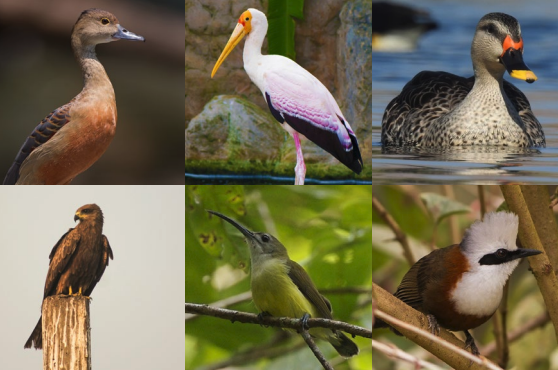
Birds in Sandan
A brief guide for visitors to Sandan community ecotourism Winrock International’s program for USAID Supporting Forests and Biodiversity (SFB) works with the local community in Sandan to conserve forests and biodiversity and to improve livelihoods of forest-dependent communities. This guide to birds in Sandan supports that program.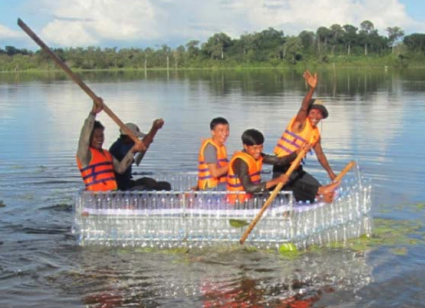
Reaksmey Phoum Pir Kiri Boeung Kranhak Ecotourism Leaflet
The Community‐Based Ecotourism Site, Reasmey Phum Pir Kiri Boeung Kranhak, was established in 2014 and officially recognized by the Kampong Thom Provincial Governor on October 2, 2015. It lies within two officially‐designated community forests and consists of a beautiful natural lake surrounded by forest on the eastern shore, and covers an area of 193 ha. […]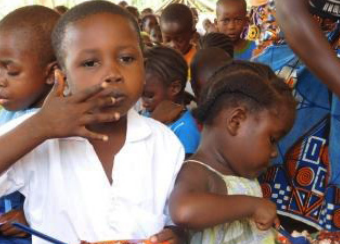
ARCH School Feeding Program Boosts Student Enrollment and Retention at Gwekpolosue
The Gwekpolosue Public School, located in Liberia’s Kakata District, Margibi County, has experienced a boost in enrollment due to the Winrock ARCH School Feeding Program. This primary-level school, situated on the Bong Mines-Kakata highway, has a total enrollment of about 200 students on record.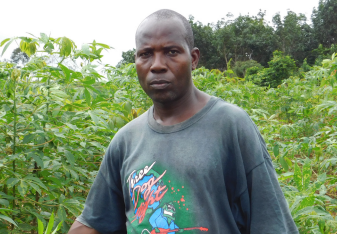
ARCH Project’s Livelihoods Program Improves Opportunities for Producers and Transforms the Life of Jerry and His Family
Jerry T. lives with his wife and five children in Gwee Town, Todee District, Montserrado County. Before the arrival of the ARCH Project in his community, Jerry and his family had been surviving on the little earnings he received from fire coal burning, which involves slowly burning wood until it becomes a coal-like material that […]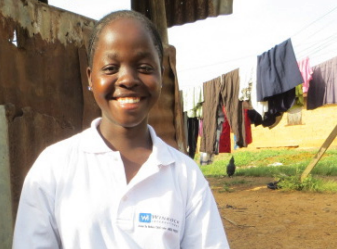
Model Farm School & Livelihood Programs Change Life of Youth
Mercy Dahn, 17, had been working on her father’s rubber farm in Karnwee, Nimba County, Liberia since she was 9 years old. At first, her job was to dig holes and plant young rubber trees. But as she grew older, the work became more challenging and dangerous. Mercy was tasked with cleaning the collection cups […]